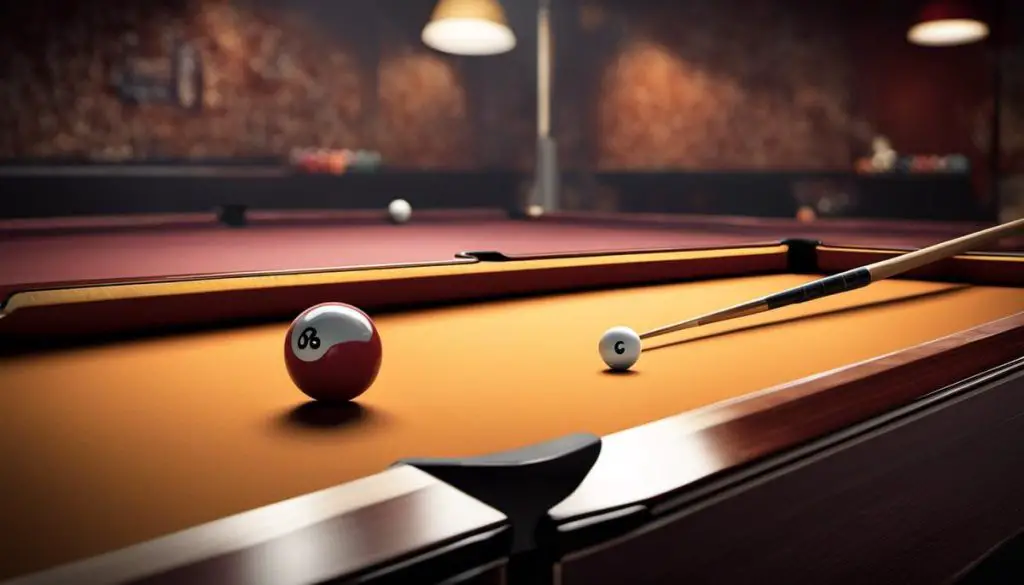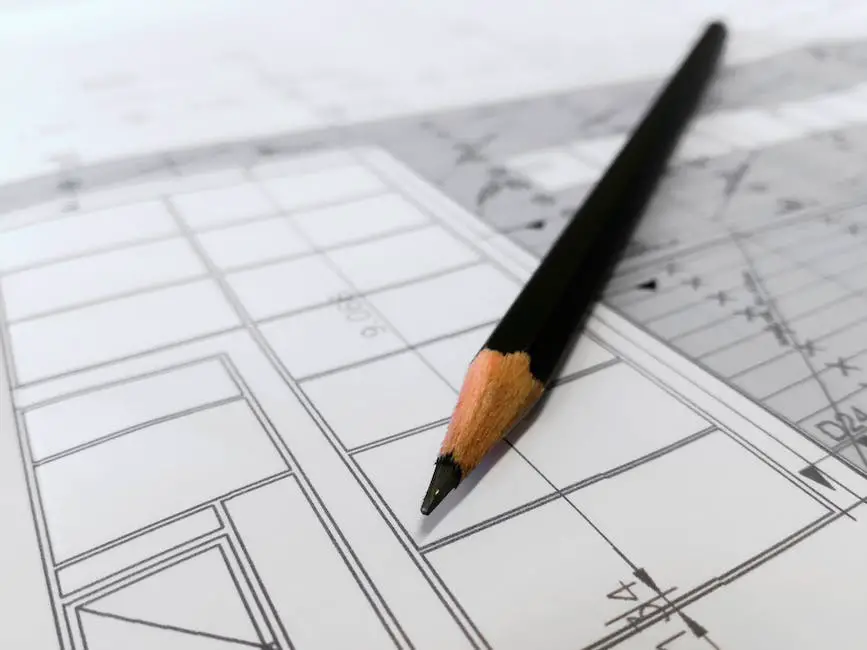How much does a pool ball weigh? This is a question that has been asked by many people over the years. The weight of a pool ball can depend on the type of ball that it is. However, there are some general principles that apply to all pool balls.
In this blog post, we will discuss the weight of a standard pool ball and how it can vary depending on the manufacturing process. We will also explore some other factors that can affect the weight of a pool ball. So, without further ado, let’s jump into it!
Another interesting read: The Snookball Rules
How Much Does A Pool Ball Weigh?
A standard pool ball weighs between six and seven ounces. However, the weight of a pool ball can vary depending on the type of ball and the manufacturing process. For example, some pool balls are made with a heavier core, which can make them weigh more than six ounces.
However, before moving on to factors that can affect the weight of a pool ball, let’s briefly talk about the size of a pool ball. The standard pool ball is two and one-quarter inches in diameter. However, some balls are made to be slightly larger or smaller than this.
Another interesting read: 3 Player Pool Games
Now that we’ve discussed the size and weight of a standard pool ball, let’s move on to some other factors that can affect the weight of a pool ball.
What Affects The Weight Of A Pool Ball?
There are a few factors that affect the weight of a pool ball.
Size Of The Ball
The first thing that you need to consider is the size of the ball. The bigger the ball, the heavier it will be. So, if you are looking for a heavier pool ball, you need to get a bigger one.
Material Of The Ball
The next thing that you need to consider is the material of the ball. If the ball is made of a heavier material, it will be heavier. So, if you want a heavier pool ball, you need to get one that is made of a heavier material.
Density Of The Ball
The next thing that you need to consider is the density of the ball. If the ball is denser, it will be heavier. So, if you want a heavier pool ball, you need to get one that is denser.
Speed Of The Ball
The next thing that you need to consider is the speed of the ball. If the ball is moving faster, it will be heavier. So, if you want a heavier pool ball, you need to get one that is moving faster.
Angle Of The Ball
The next thing that you need to consider is the angle of the ball. If the ball is at a higher angle, it will be heavier. So, if you want a heavier pool ball, you need to get one that is at a higher angle.
Friction Of The Ball
The next thing that you need to consider is the friction of the ball. If the ball has more friction, it will be heavier. So, if you want a heavier pool ball, you need to get one that has more friction.
Gravity Of The Ball
The next thing that you need to consider is the gravity of the ball. If the ball has more gravity, it will be heavier. So, if you want a heavier pool ball, you need to get one that has more gravity.
These are just a few of the factors that can affect the weight of a pool ball. Each one by itself may not have a big effect, but when all of them are considered together, they can have a significant impact on the weight of the ball.
Another interesting read: How To Get Rid Of A Pool Table
So, if you’re ever wondering why your pool ball seems to be a different weight than the one at your friend’s house, it’s probably because of one or more of these factors.
Does The Weight Of The Ball Affect Your Gameplay In The Pool?
Do you know that the weight of the ball can affect your gameplay? In this section of the blog post, we will take a detailed look at how the weight of the ball can affect your gameplay in the pool.
There are several factors that can affect your gameplay in the pool. The weight of the ball is just one of them. However, it is an important factor that you should consider when choosing a ball.
The weight of the ball can affect your:
– Shooting Accuracy
– Passing Accuracy
– Bounce
– Control
– Speed
– Bounce
Let’s take a more detailed look at how the weight of the ball can affect each one of these factors.
Shooting Accuracy
The weight of the ball can affect your shooting accuracy. A heavier ball will have more momentum and will be less affected by wind resistance. This means that it will be more likely to go in the direction that you are shooting it.
A lighter ball, on the other hand, will be more affected by wind resistance and will be less likely to go in the direction that you are shooting it.
Passing Accuracy
The weight of the ball does indeed affect your passing accuracy when playing pool. A heavier ball will make it harder to control your shots, meaning that you are more likely to miss your target. Conversely, a lighter ball is easier to control and thus, you are more likely to make an accurate pass. This is an important consideration when choosing a ball weight, as it can mean the difference between winning and losing a game.
Ball Control
As well as affecting your passing accuracy, the weight of the ball also affects your overall control of the ball. A heavier ball is more difficult to control, meaning that you are more likely to make mistakes when shooting. Conversely, a lighter ball is easier to control and thus, you are less likely to make mistakes. This is an important consideration when choosing a ball weight, as it can mean the difference between winning and losing a game.
Bounce
The weight of the ball also affects the bounce. A heavier ball will have a higher bounce, while a lighter ball will have a lower bounce. This is an important consideration when choosing a ball weight, as it can mean the difference between winning and losing a game.
Speed
The weight of the ball also affects the speed. A heavier ball will have a higher speed, while a lighter ball will have a lower speed. This is an important consideration when choosing a ball weight, as it can mean the difference between winning and losing a game.
Wrapping Up
These are just a few of the factors that can affect your gameplay in the pool ball. Each one by itself may not have a big effect, but when all of them are considered together, they can have a significant impact on the weight of the ball.
So, if you’re ever wondering why your pool ball seems to be a different weight than the one at your friend’s house, it’s probably because of one or more of these factors.
Now that you know how the weight of the ball can affect your gameplay in the pool, you can make a more informed decision when choosing a ball weight. This is an important consideration, as the weight of the ball can mean the difference between winning and losing a game. Choose wisely!
Another interesting read: How To Replace Pool Table Pockets










